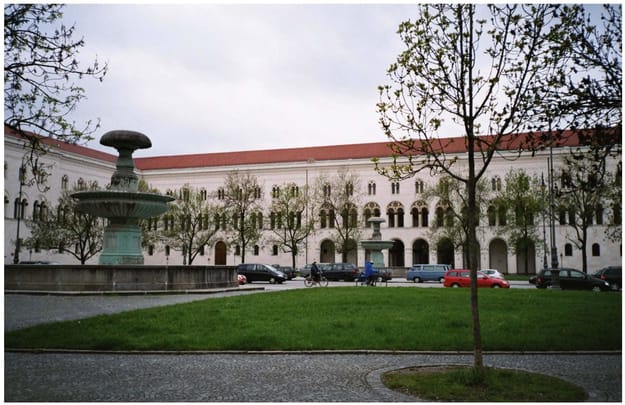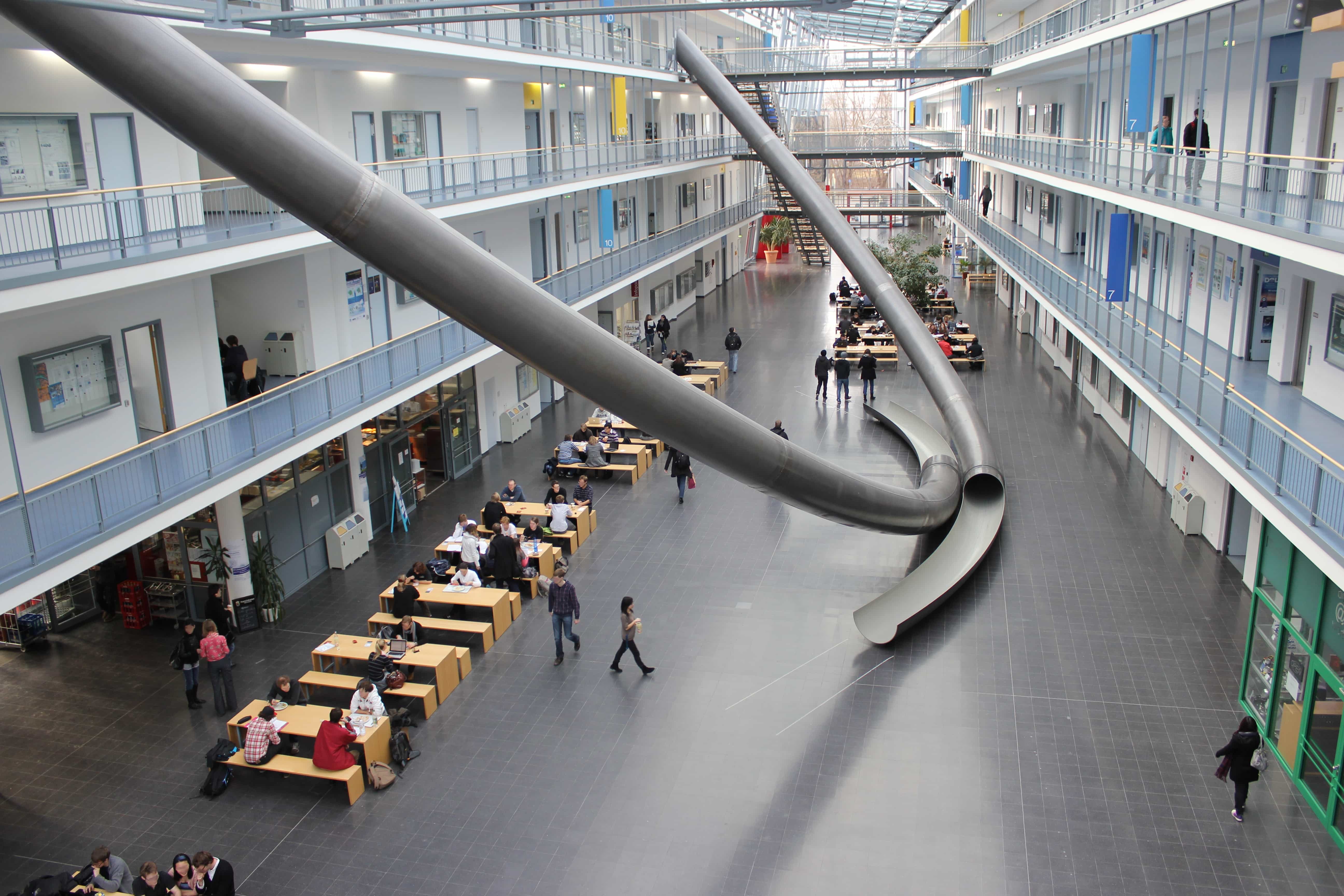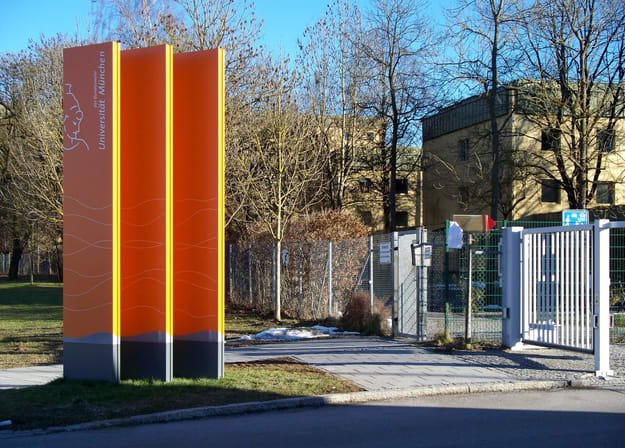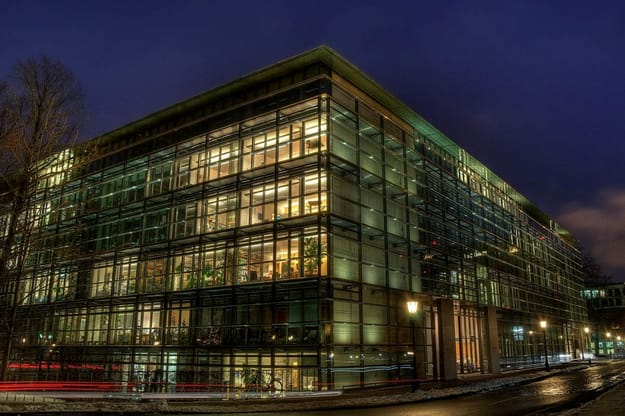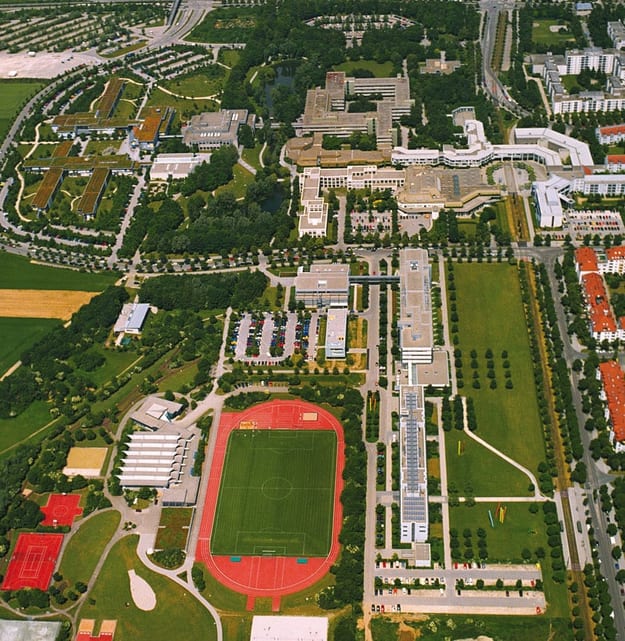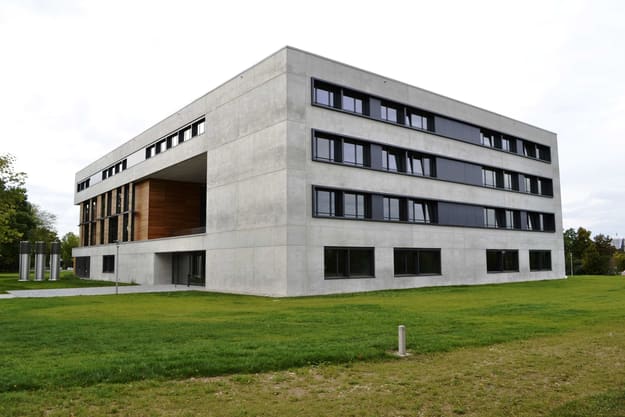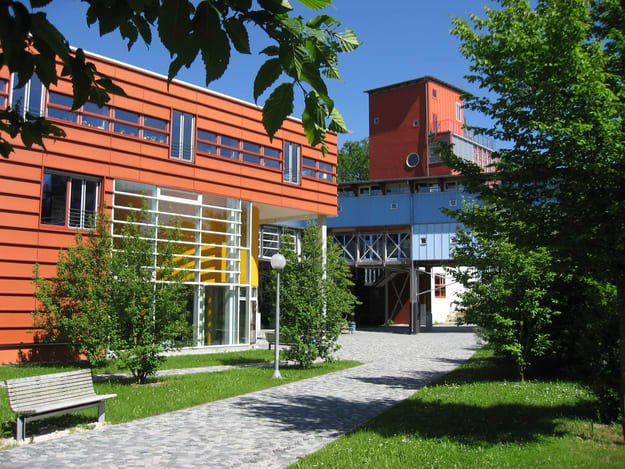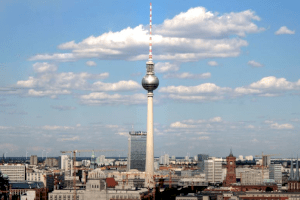Munich (München in German) is the second biggest city in Germany after Berlin and is located in the south of Germany. Capital of the state of Bavaria, Munich and the surrounding region are famous around the globe not only for hosting Oktoberfest and for the rich Bavarian culture, but also for the wonderful landscape! Close to the Austrian border, from Munich, you can easily reach (by train or car) the Bavarian Alps and some scenic hiking and skiing regions.
What else is great about Munich? The universities of course! Munich is home to more than 10 universities that have more than 150 English-taught bachelor's and master’s programs available to international students. Using our StudyFinder, students are able to customize their search results so they can view all of the relevant study programs for them! Our unique filters allow for students to narrow down programs to find their perfect fit. This article serves as a starting point to introduce you to universities in Munich so that you can find your dream degree program!
The Two Largest Unis: LMU and TUM
The most well known universities in Munich - as well as the highly competitive ones - dominate the German higher education system by any standing (international rankings, national rankings, etc.). The Ludwig-Maximilian University (LMU) of Munich and the Technical University of Munich (TUM) are both “Universities of Excellence” and host world renowned study programs, from bachelor’s to master’s, to Ph.D. programs.
LMU offers study programs in just about every topic, except those that focus on tech topics, that’s where TUM comes in, covering everything tech and business as well. Both universities are public, meaning that most programs are free of tuition, and both have great and long established networks with Munich firms and companies (e.g. Allianz, Siemens, BMW, etc.).
Ludwig Maximilian University of Munich (LMU)
© Gryffindor.
The Ludwig Maximilian University of Munich (LMU) is located in the heart of Munich and in Germany’s second largest university (in terms of student population) dating back to 1472. It is one of the leading research universities in Europe and is associated with 42 Nobel laureates, including Wilhelm Röntgen, Max Planck, Otto Hahn, and Thomas Mann, among many others.
LMU has one of Europe’s largest medical complexes with 46 clinics, institutes, and departments, as well as 46 interdisciplinary centers covering all branches of medicine. In 2006, it was named a University of Excellence which is the same year the Excellence University classification in Germany began. LMU has 18 different faculties covering almost all topics from theology to law and geosciences.
Technical University of Munich (TUM)
© TobiasK. Type of license: CC BY-SA 4.0.
The Technical University of Munich (TUM) is a research university which has campuses in Munich, Garchin, Freising-Weihenstephan, Heilbronn, and Singapore. It is a member of the TU9, a society of the largest and most notable German institutes of Technology, and has been a “University of Excellence” since 2006. TUM is among the leading universities in Germany in Europe whose alumni includes 17 Nobel laureates and 18 Leibniz Prize winners.
TUM has more than 60 English-taught degree programs making it an ideal destination for international students which is reflected in that approximately 20% of the student body comes from abroad. Additionally, they hold the philosophy of an “entrepreneurial university,” holding many corporations with leading Munich-based companies (e.g. BMW, Siemens, etc.) as well as others as Munich is the startup hub of southern Germany.
More Universities in Munich
In addition to LMU and TUM, Munich is home to a number of other excellent institutions which have an array of study programs, one of them may be yours! Because they are located in Munich, they also have close relationships with Munich-based companies and well-known research institutions in the area. Additionally, they hold a close relationship to larger universities in the area which may be a great resource during your studies.
Bundeswehr University Munich
© High Contrast. Type of license: CC BY 3.0 DE.
The Bundeswehr University Munich is one of two federal research universities that belong to the German Armed Forces (Bundeswehr). The other university is located in the north of Germany in Hamburg (Helmut-Schmidt-Universität). Both federal universities were founded in 1973. Though the majority of students are military officers, today the university has a continually increasing number of civilians and international students. The Bundeswehr University Munich offers a diverse range of studies including engineering, business, political science, and education.
Munich Intellectual Property Law Center (MIPLC)
© Jonas Neuhaeuser. Type of license: CC BY 3.0.
The Munich Intellectual Property Law Center (MIPLC) is both a center for research as well as education in intellectual property. The Center was founded in 2003 as a project of the George Washington University Law School, the Max Planck Institute for Intellectual Property and Competition Law, the University of Augsburg, and the Technical University of Munich. Currently, the Munich Intellectual Property Law Center offers only a Master of Laws program in Intellectual Property and Competition Law.
Universities Around Munich
There are even more great universities in the Munich metropolitan area which are great options for international students who maybe don’t want to live in a big city or who don’t find their dream study program above but want to be in the Munich area. Because Munich is such a large city, the metropolitan area means that these universities may be more than 100 kilometers from the Munich central area, but thanks to Germany’s great public transport system, everything is just a short train ride away!
University of Augsburg
© Fotostelle der Universität Augsburg. Type of license: CC BY-SA 3.0.
The University of Augsburg, founded in 1970, is a public university located in Augsburg, Germany, just 75km from Munich. The university is organized into eight faculties and has a wide range of studies, the faculties are as follows: Economics and Business; Law; Catholic Theology; Philosophy and Social Sciences; History and Philology; Mathematics and Natural Sciences; Applied Computer Science; and Medicine. Approximately 14% of its students come from abroad, comparably larger than other German universities.
University of Regensburg
© High Contrast. Type of license: CC BY 3.0 DE.
The University of Regensburg is a public research university located in the medieval city of Regensburg, 125 km from Munich. The university was founded in 1962 and houses eleven different faculties and was also one of the first German universities to introduce modularized study programs following the Bologna model. In addition to quality education, students can enjoy living in the beautiful city of Regensburg which was listed as a UNESCO World Heritage Site in 2014.
University of Ulm
© Candidus. Type of license: CC BY-SA 3.0.
The University of Ulm is a public university in the city of Ulm in Baden-Württemberg, Germany, about 150 km from Munich. Founded in 1967, it is one of the youngest public universities in Germany. Its programs focus on natural sciences, medicine, engineering sciences, mathematics, economics, and computer sciences. The University of Ulm offers many study programs in English, but keep in mind that the state of Baden-Württemberg requires that all international students pay a tuition fee of 1,500€ per semester. Still, a marginal amount compared to student programs abroad, this is something to keep in mind.
Universities of Applied Science in Munich
The German higher education system has different classifications for institutions that offer Ph.D. programs in comparison with others. Universities or schools of applied science and colleges of art and music fall under a different category since they do not offer Ph.D. programs. However, this doesn’t mean that the quality of education at such institutions is lesser than a German recognized university. These institutions are even internationally top-ranked and hold prestigious programs in their fields. For this reason, we have dedicated an entire article just to universities of applied science so that you can find the right one for you. Click here for more on universities of applied science in Munich!



